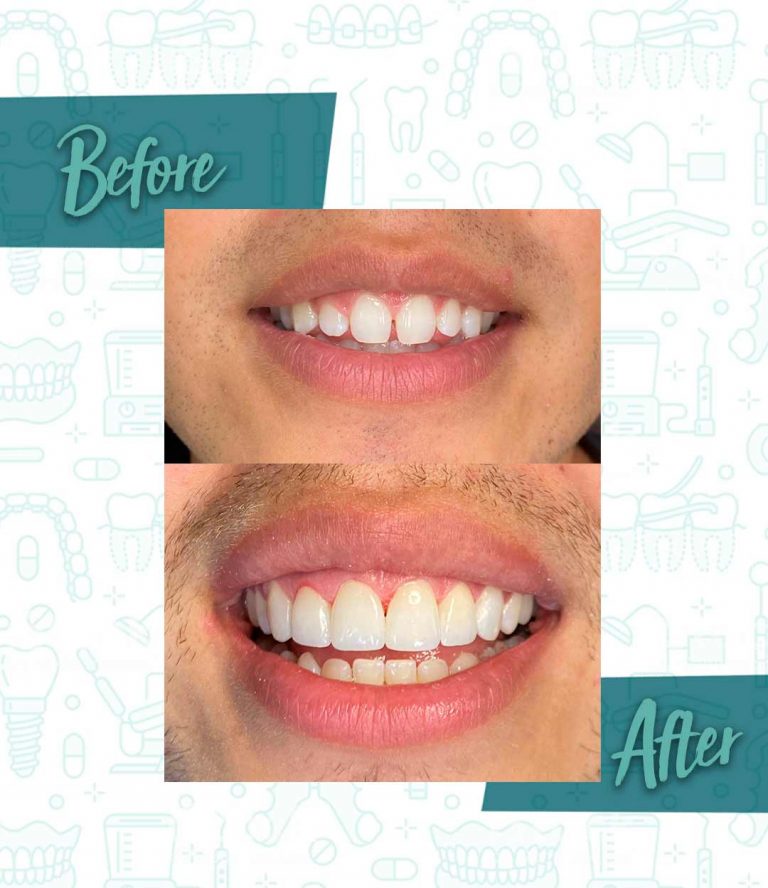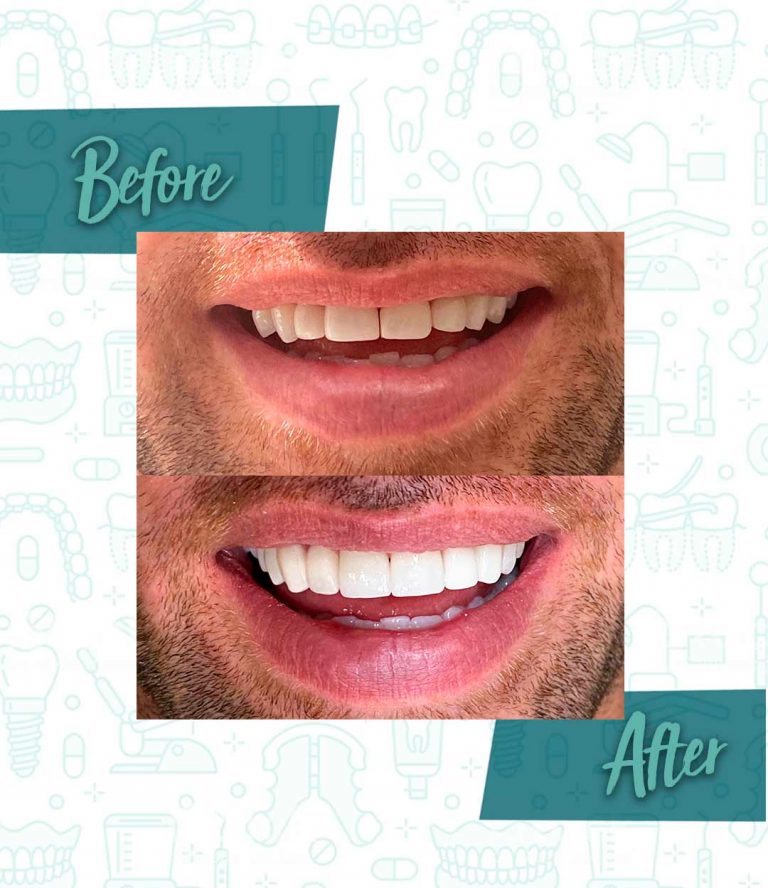Important Facts You Must Know When Choosing a Dentist
Choosing a dentist is a critical decision that can significantly impact your oral health and overall well-being. Whether you're looking for a new dentist or requiring specialized dental care, it's essential to consider several factors to ensure you make an informed choice. Here are some key facts and tips to guide you in selecting the right dentist for your needs.
Qualifications and Licenses
One of the first things to check is the dentist's credentials. Ensure the dentist has completed from an accredited dental school and holds the necessary licenses to practice. Membership in professional organizations, such as the American Dental Association (ADA) or other national dental associations, can also indicate a dedication to ongoing education and adherence to high professional standards.
Experience and Specializations
Experience matters, especially if you need specific dental procedures. Inquire about the dentist's experience in performing the treatments you need. For example, if you need dental implants, it's advantageous to choose a dentist who specializes in implantology. Specialized training and years of hands-on experience can make a important difference in the quality of care you receive.
Range of Services
Consider the scope of services offered by the dental practice. A good dentist should provide comprehensive care, including preventive, restorative, and cosmetic dentistry. Having access to a wide range of services under one roof can save you time and ensure continuity of care.
Feedback and Testimonials
Reading patient reviews and testimonials can give you insights into the dentist's reputation and the quality of care provided. Look for reviews on independent websites, social media, and the dental practice’s own site. Pay attention to feedback about the dentist's chairside manner, the friendliness of the staff, and the overall patient experience.
Equipment and Techniques
Modern dental practices should be outfitted with the latest technology and employ advanced techniques to ensure effective and efficient treatment. Ask about the dental technology used in the practice, such as digital X-rays, intraoral cameras, and laser dentistry. Advanced technology can enhance diagnostic accuracy and improve treatment outcomes.
Ambiance and Atmosphere
The comfort and atmosphere of the dental office can greatly impact your experience, especially if you have dental anxiety. Visit the dental practice to assess the cleanliness, organization, and overall ambiance. A welcoming and comfortable environment can help reduce stress and make your dental visits more pleasant.
Interaction and Information
Effective communication between you and your dentist is crucial. A good dentist should be willing to listen to your concerns, answer your questions, and explain treatment options in a way that you can understand. Patient education is essential for making informed decisions about your oral health.
Crisis Care
Dental emergencies can happen unexpectedly, and it's important to know how your dentist handles urgent situations. Inquire about the availability of emergency dental care and how the practice manages after-hours emergencies. Knowing you have access to immediate care can provide peace of mind.
Coverage and Financing
Before choosing a dentist, verify that they accept your dental insurance plan. Understanding what is covered by your insurance can help you avoid unexpected expenses. Additionally, inquire about payment options and whether the practice offers financing plans for more extensive treatments.
Location and Availability
The location of the dental office is another important consideration. Choose a dentist whose practice is conveniently located near your home, workplace, or school. This can make scheduling and attending appointments more convenient, reducing the likelihood of missed visits.
Final Thoughts
Selecting the right dentist involves careful consideration of various factors, including qualifications, experience, range of services, patient reviews, and the overall atmosphere of the practice. By taking the time to research and evaluate potential dentists, you can find a professional who meets your needs and provides high-quality care, ensuring a positive experience and optimal oral health.


